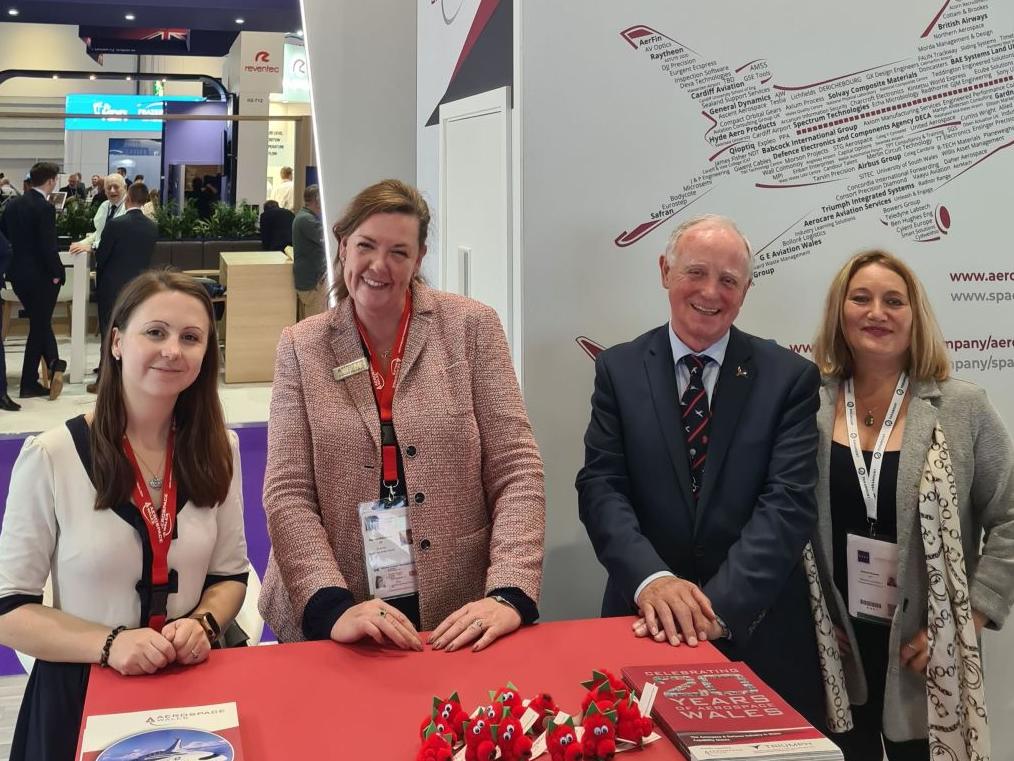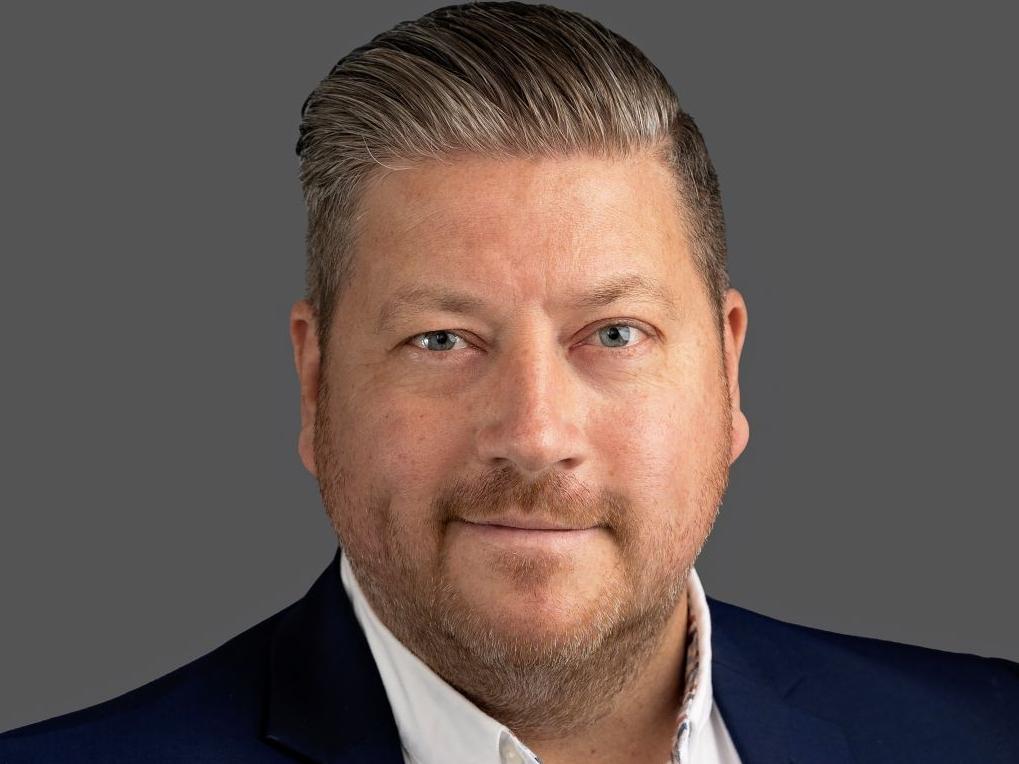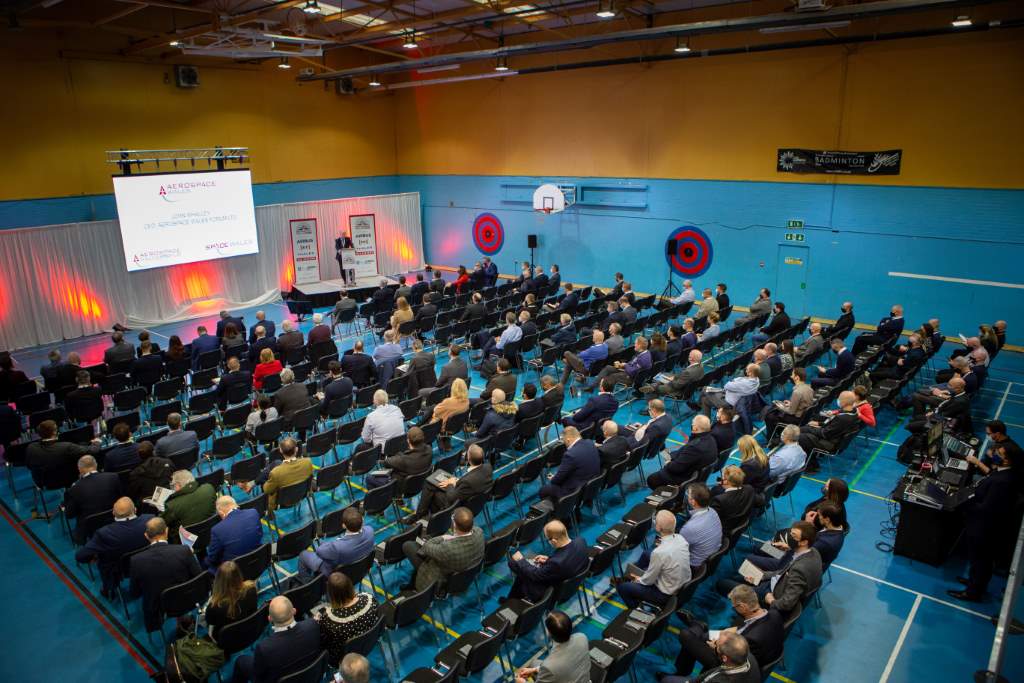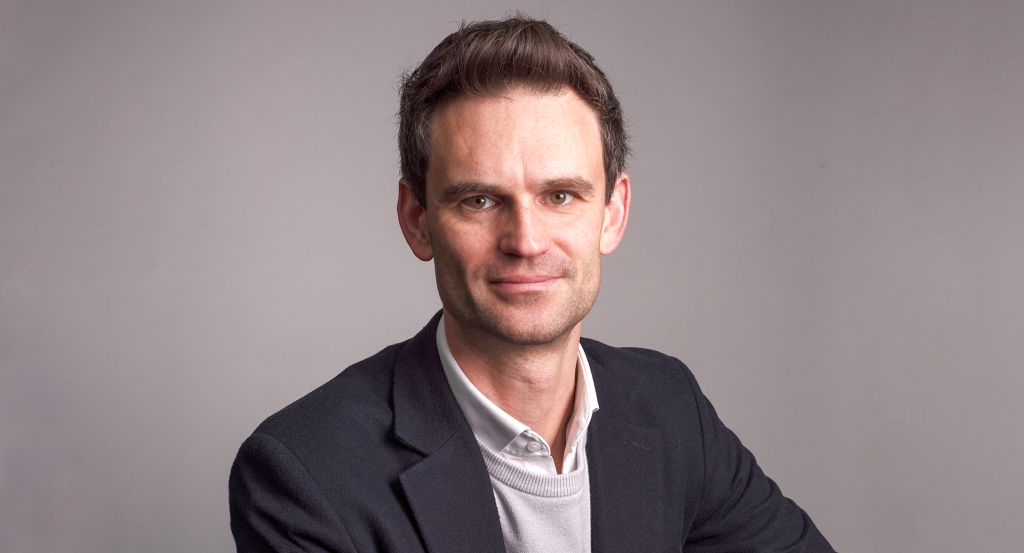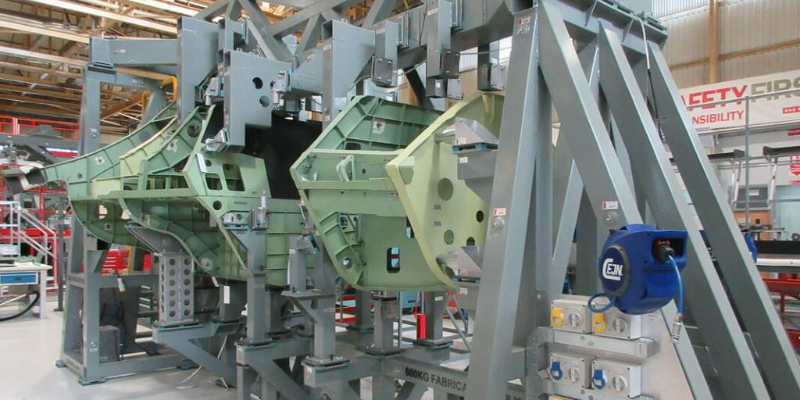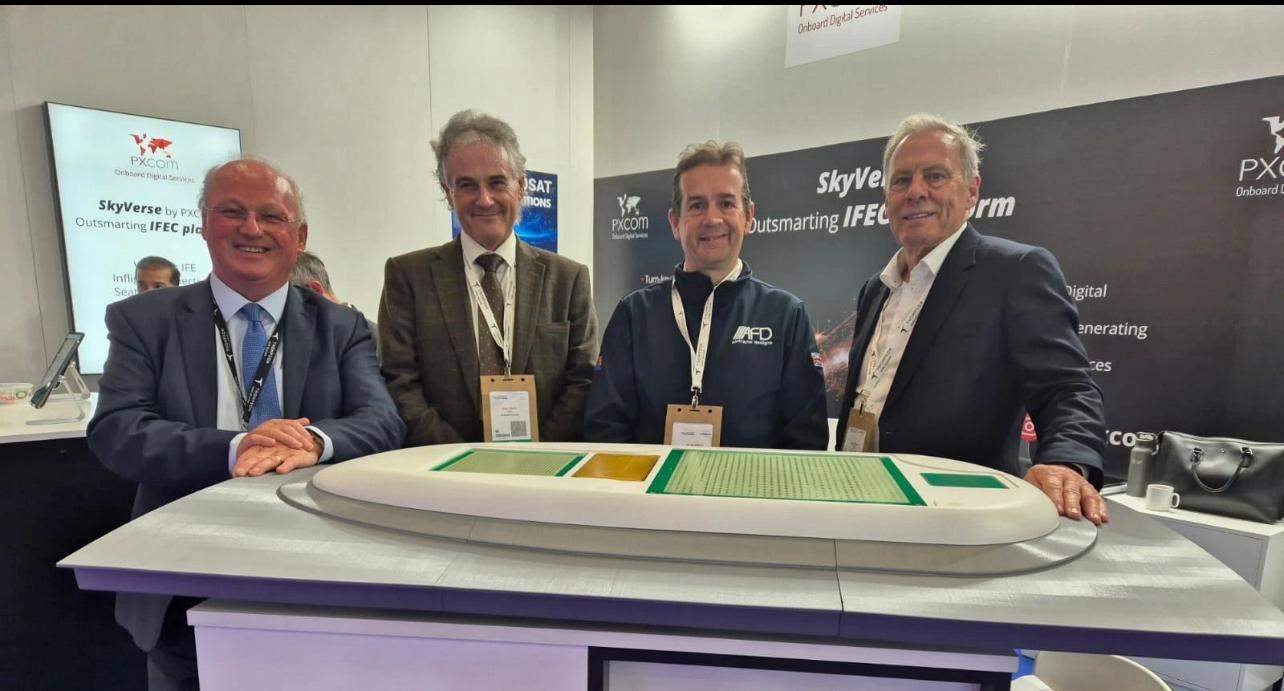
A welcome concept in the MRO sphere
14th Oct 2022 | In News | By Mike Richardson
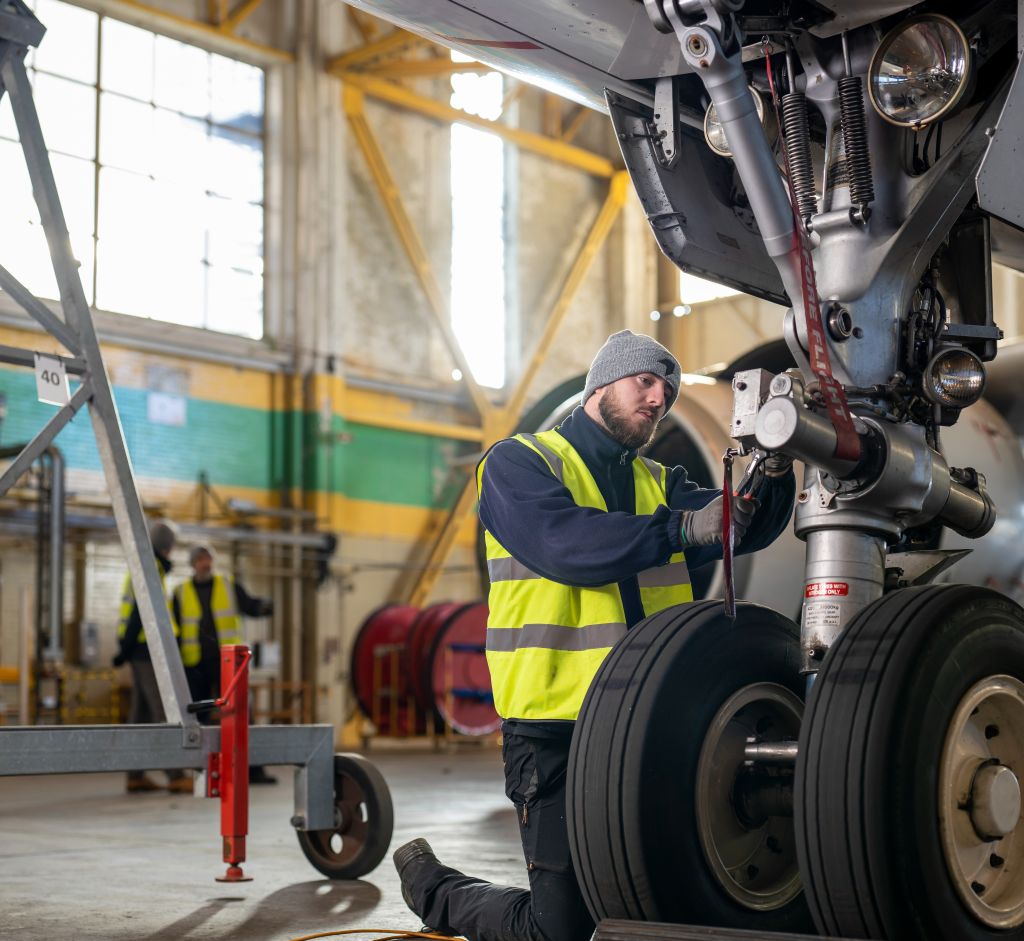
In this Q&A, Aerospace Wales CEO, John Whalley discusses the association’s development of a new MRO Hub that will provide comprehensive through-life support for the aviation industry, harnessing the capabilities of its existing facilities and established companies.
With sites such as the Airbus wing manufacturing plant at Broughton, aerospace already plays a significant part in Wales’s manufacturing economy. It is now striving to maximise its MRO offering by combining the capabilities and expertise of various stakeholders to create an extensive Wales MRO Hub.
Q) Firstly, tell us about the origins and concept of the Wales MRO Hub?
Wales has 10% of the UK’s aerospace workforce, and eight out of ten of the world’s biggest aerospace and defence companies have a presence here. Aerospace Wales has been an active participant for many years in the ADS Through Life Service Group (formerly MROL), which provides a forum at UK level for networking, growing business relationships and knowledge in the MRO space. The change of name of the group reflected a trend towards servitisation selling outcomes as a service rather than individual transactions.
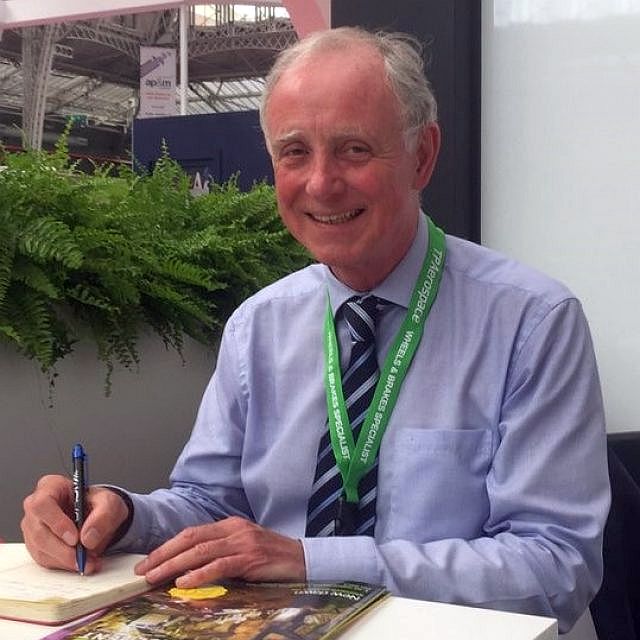
Given the importance of MRO to Wales and emergence of new business models we put ourselves forward as a pilot for the development of a collaborative group of companies offering enhanced through-life services to airlines and lessors. Working with a small team of specialist consultants, we pulled together a group of MRO companies interested in developing the concept. We ran a series of workshops and prepared a report analysing the capabilities of the group and potential areas for development. The programme was 50% funded by the companies and 50% by Welsh Government.
Q) What are the capabilities and capacities of the Wales MRO hub?
The Hub includes ten founder members. Further companies will be invited to join or partner in future. The Wales MRO Hub covers the aviation industry value chain encompassing aircraft leasing, maintenance and recycling. It includes component manufacturing, parts repair, ground support equipment and tooling. The broader MRO cluster in Wales includes companies such as British Airways Engineering, GE Aviation Wales, Nordam, the Defence Electronics & Components Agency, Raytheon and Babcock International.
All sub-sectors of aviation are covered with a strong focus on civil aviation in south Wales, and business aircraft and defence MRO concentrated in north Wales. The south Wales cluster has grown around the established grouping of British Airways, GE Aviation and Nordam with the emergence of asset management companies, such as Willis Asset Management and AerFin. Following the run-down of the Defence Support Group, a new cluster of commercial companies has blossomed around the former RAF St Athan site including Caerdav, ecube Solutions and GJD Aerotech.
Hawarden-Chester airfield, adjacent to the Airbus Broughton plant, is home to Aerocare Aviation Services, specialising in the support of business aircraft and supported by other local firms such as interiors specialist PPA Group and Morson Projects. RAF Valley on Isle of Anglesey has its own mini-cluster of defence MRO activity supporting BAE Systems’ Hawk and Beechcraft Texan aircraft.
Q) What are the growing trends and demands from the MRO market? Cost, turnaround, visibility, etc.?
These factors are important, but the key driver is towards providing a joined-up solution for through-life services which brings us back to the concept of the Hub and growing collaboration between companies across the MRO Cluster in Wales. For example, St Athan-based Caerdav, formerly Cardiff Aviation, has recently signed a deal with Saudi airline, flyadeal, and GE Aviation Wales. The latter’s Nantgarw facility is about twenty miles north of St Athan. The seven-year deal covers support of the CFM56-5B engines that power flyadeal’s 11 A320-200 aircraft fleet. Aircraft are flown into St Athan where engines are removed and taken by road to Nantgarw. Caerdav provides integrated overhaul and engine change services.
Q) Sustainability is increasingly - what upgrading and recycling services do you offer? How is this developing in MRO as we approach targets, such as net zero?
The MRO Hub includes ecube Solutions, the world’s leading end-of-life services provider. With its headquarters at Bro Tathan, the company has now opened additional facilities in Spain and the US. A small number of the airframes that arrive at ecube Solutions are refurbished and returned to service, but the vast majority are disassembled with high value items removed for re-use and other items and material recycled. Aerospace Wales is working with the Welsh Government to incorporate MRO as a specific element in its net zero plans.
Q) Explain more about the Bro Tathan development? How is it part of the Hub?
Much of the commercial aircraft MRO activity is centred in south east Wales around Cardiff Airport and the airfield at Bro Tathan. With the run-down of MoD’s aircraft repair activity at St Athan in the early part of the century Welsh Government was faced with the challenge of what to do with the facilities at the site.
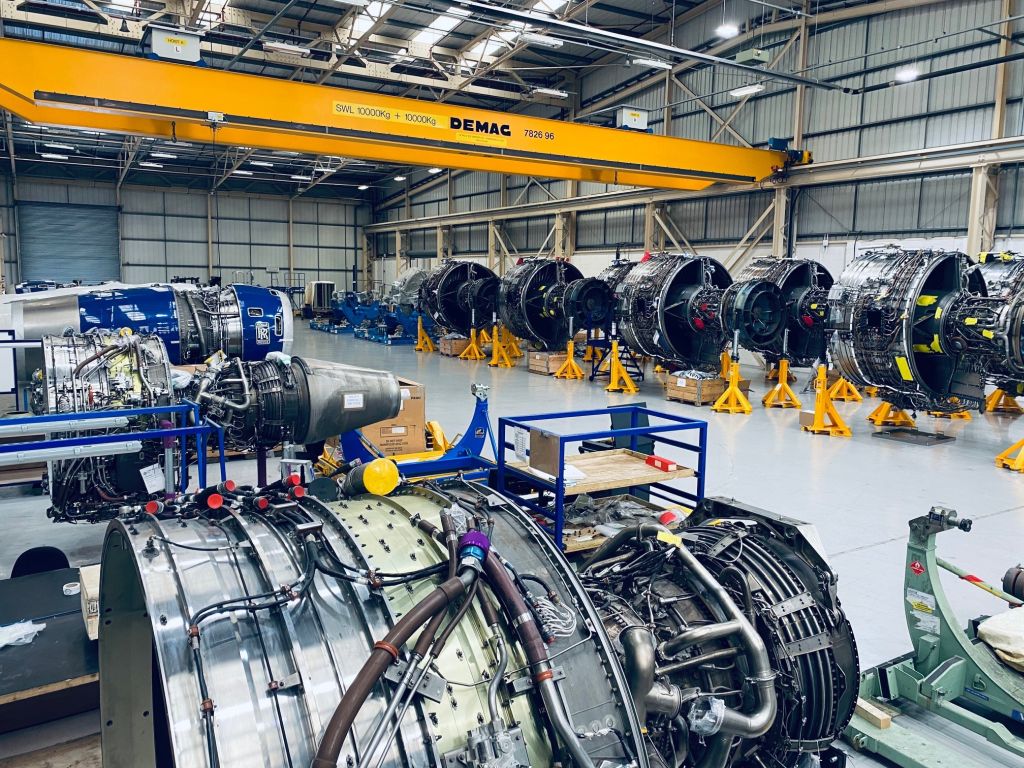
The redundant Project Red Dragon super-hangar was eventually turned into a final assembly plant for Aston Martin and the closure of the airfield was considered. However, strong interest remained in the development of the site for aviation purposes and in recent years the site has gone from strength to strength. Tenants include Caerdav, ecube Solutions, GJD Aerotech, Horizon Aircraft Services and SNC Mission Systems UK. Significant investment has been made, and is planned for the site, which is now marketed as Bro Tathan.
Q) What do you see as the latest technical advances that will feature in MRO? How are you developing these? How do you work with academia in terms of R&D?
Composite repair and overhaul is going to be of growing importance as the proportion of composites increases on the overall in-service fleet. There are specialist training, development and manufacturing facilities at various locations in Wales including Airbus at Broughton and United Aerospace at Pembroke Dock. The latter has just installed a CMS Kreator Large Format Additive Manufacturing (LFAM) machine, the first in the UK. Close contact is maintained with local universities encouraged by programmes, such as Advanced Sustainable Manufacturing Technologies (ASTUTE).
Q) How will the Hub benefit the aerospace supply chain and employment in Wales and the wider UK?
Several of the key MRO players in Wales are recruiting as the aerospace and aviation sectors continue to recover post-pandemic. Recent contracts, such as Caerdav’s agreement with GE Aviation and flyadeal and a Willis Asset Management contract to support engines in the Air India Airbus fleet demonstrate that by offering airlines/lessors cost-effective through-life services there is considerable growth potential in the sector. In establishing the Hub, it was always planned that as it became more successful it would be strengthened by participants from outside Wales and the model could be replicated around other geographical locations.
Q) What has been the response from the market so far and how do you see future development of the Hub?
To date we have focused on building the relationships between Hub members and establishing the trust platform to develop new business. Individual businesses have collaborated successfully on specific programmes and the Hub members are now ready to progress to the next level of marketing themselves to potential customers. Their first public appearance was at the Farnborough International Airshow in July, and they will be exhibiting at MRO Europe at ExCel London in October on the Wales stand.
Consider a free digital subscription
If you find this article informative, consider subscribing digitally to Aerospace Manufacturing for free. Keep up to date with the latest industry news in your inbox as well as being the first to receive our magazine in digital form.


